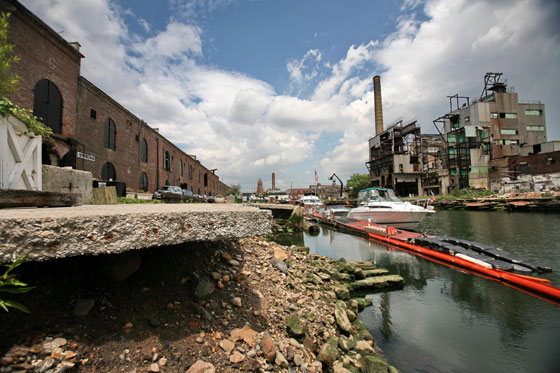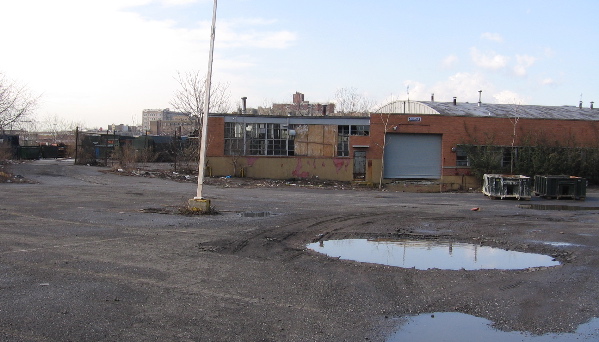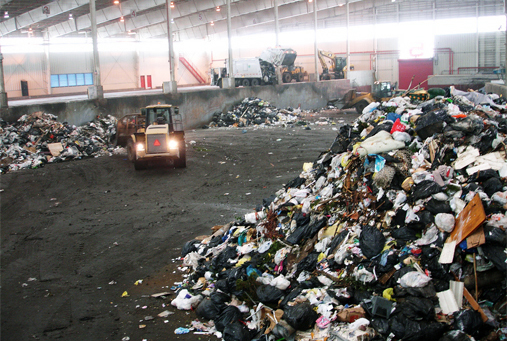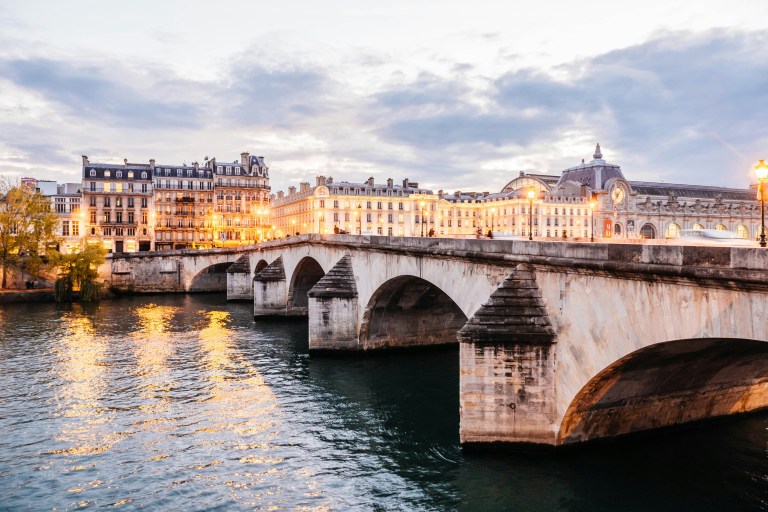
The 5 Problems Facing NYC & What You Can Do About Them Today
If you live in a neighborhood where you can stop and get fresh fruit and vegetables that are affordable to you, congratulations.
On September 23rd, leaders of the world are getting together for tea and cookies at the UN to talk about Climate Change.
The Peoples Climate March is forecast to be one of the largest Environmental Rallies in history and will take place onSunday, Sept 21st, to raise awareness on climate issues and to make the voices of the people heard. While Climate Change is a big focus, so too are issues of Environmental Justice right here in New York City. We may often think of the Big Apple as a cultural and economic powerhouse, every twenty-somethings playground or muse, but another reality exists as well. New York City has been home to some of the largest environmental cleanup sites in the country, contributes significantly to the carbon footprint of the region, and produces more than 12,000 tons of trash per day. Moreover, one of the greatest predictors of a New Yorkers exposure to an unhealthy environment is their income and race. The disproportionate environmental burden that low-income communities of color bear in NYC is a tremendous focus of organizations that are part of our Environmental Justice Movement.
In honor of Climate Week (September 22-28th, I have put together some of the most pressing issues for the New York City region and its environment, along with some gentle (or not so gentle) encouragement to take action to reduce the impact you have on all of the folks in our fair city.

Air & Emissions
The biggest contributors to poor air quality have historically been emissions from vehicles and industry. The decline of manufacturing generally means that tailpipes are the heavy hitters here. Bad air quality can contribute to illnesses like asthma, and the closer a person lives to a highway or truck route, the more likely they are to have asthma.
What can you do? Have you seen those ‘no idling’ signs? Those are directly related to bringing down the emissions of vehicles. If getting vocal about idling cars and trucks in your neighborhood at a community meeting isn’t your jam, feel free to report repeat offenders using 311. If you drive, don’t let your vehicle idle, and when you head to the polls check out if your candidates support using innovative policy and technology to create more efficient vehicle traffic systems to prevent congestion that can belch ton after ton of poison into your airways and lungs.
Soil & Land Use
Many former industrial sites are still full of contaminants from their previous occupants- these are designated Brownfields by the City and there is a length process to get this land cleaned up and ready for reuse. Chemicals can remain in soils for years to come, causing all serious effects if you happen to live, shop, or work near them.
What can you do? While tempting, it is recommended you don’t grow food out of vacant lots in your neighborhood unless you get the soil tested, or build raised beds. Check out 596 acres to get involved with urban gardening in a safe way, and call 311 to get information about sites in your neighborhood that might be toxic to you and others. Be sure to dispose of all chemicals from household or other uses in a safe manner- the Department of Sanitation can advise anyone who is unsure.

Water & Ecology
You aren’t going to believe this, but the NYC region used boast an abundance of seafood that would many anyone who enjoys $1 Oyster Happy Hour swoon with delight and jealousy. The quality of our aquatic habitats has been degraded in favor of the efficiency of our waterways and the convenience of more land (NYC has added countless football fields of land-area since long before the Revolutionary War). One of the biggest issues today is the Combined Sewer System, and the flow of raw sewage into our local waterways. This is why beaches are often closed after rainstorms- your poop is in the water!
What can you do? This is a wildly unpopular idea with many people but don’t, just don’t, use any water that isn’t absolutely necessary when it’s raining outside. That means don’t flush your toilet, or shower, or do your entire sink full of dishes. Sometimes as little as ½ an inch of rainfall can cause an overflow of sewage, and the system cannot handle much excess water on a dry day much less a wet one. While I am not in favor of substituting axe-body spray for a shower 100% of the time, I would greatly prefer to forego my morning shower if it meant I was not literally swimming in shit the next time I hit the beach.
You can also support efforts to restore wetlands in the region, which function as natural filters for our water and help facilitate species diversity and restore some of our harbors original ecology. If you want to get really crazy start pushing your local elected officials to get more aggressive about green infrastructure projects that can capture storm-water before it contributes to our overburdened sewers.
Food & Public Health
If you live in a neighborhood where you can stop and get fresh fruit and vegetables that are affordable to you, congratulations. Unfortunately for many folks, food deserts have become a regular occurrence in New York City. Fresh produce is in essence, a luxury item instead of a human right. This has led to an extraordinary concentration of unhealthy, cheap and processed options as the main staples for many people living in food deserts, in turn generating a rise in public health problems such as obesity, diabetes, and heart disease.
What can you do? There are tons of ways you can get active about food. For my foodie people instagramming that organic quiche you just made this weekend, consider joining a local CSA (Community Supported Agriculture) that also boasts sliding scale payments for various income groups.
If you aren’t a huge foodie or food justice advocate, that is fine, but it makes sound economic sense to think about policy solutions to this issue that will cost a lot less than picking up the tab for obesity et. all in the future.
Waste & Resource Consumption
Last but definitely not least, think about your trash. This might be one of the biggest concerns for NYC, one of the biggest ways we export our problems, and also one of the easiest ways for individuals and households to really make an impact. NYC produces more than 12,000 tons of solid waste.. Trash is a foul thing, you know this all too well from the smell of Summer Garbage and the way that takeout made your fridge smell last week. Did you know that NYC also doesn’t’ really deal with its own garbage anymore? We stopped burning our trash (bad for the air) and closed our landfills (which we are turning into parks) a while ago, so our solution is to pay someone else to dump it in their community (Thanks, Pennsylvania).
What can you do? Practically speaking the best way to reduce your impact here is to reduce the amount of stuff you throw away. You can nip this in the bud by 1) buying less stuff or 2) buying less stuff in packaging. Carry reusable bottles and coffee-mugs, lots of places even give you a discount. Carry reusable grocery bags! You can deal with gluttonous consumption after the fact by recycling. If you want to be really cool on your block, start pushing the city for that composting program it keeps taking about- we could be using the eggshells from that quiche you made in compost that we spread on those community gardens to create affordable produce.

Sometimes it is hard to think about people and places we don’t encounter regularly. We spend a lot of time worrying about rent, work, when Game of Thrones is coming back, or if the L train is too crowded. The fact of the matter is that Cities represent a great and compact way of life that is theoretically better for the planet because it can concentrate goods/services and cut down on things like deforestation and burning of fossil fuels, but they also harbor a significant amount of the wealth and consumption that changes our environment. Making even one small change- carrying that reusable mug with you or digging in at a community garden- goes a long way. ![]()











